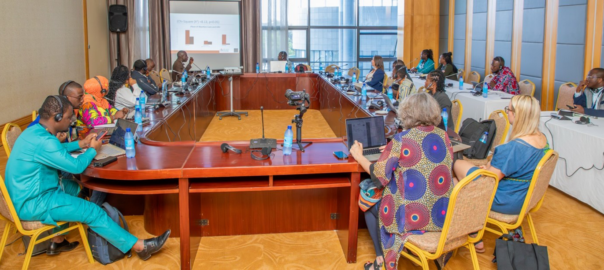AFIDEP and The DHS Program: A Partnership to Strengthen Capacity and Bridge the Gap Between Data and Decision-Making
Since 1984, The Demographic and Health Surveys (DHS) Program has been a cornerstone of health data, providing nationally representative insights on crucial topics such as fertility, maternal and child health, family planning, malaria, and nutrition. This wealth of data has been instrumental in shaping health policies and programs across the globe. Yet, there remains a […]





